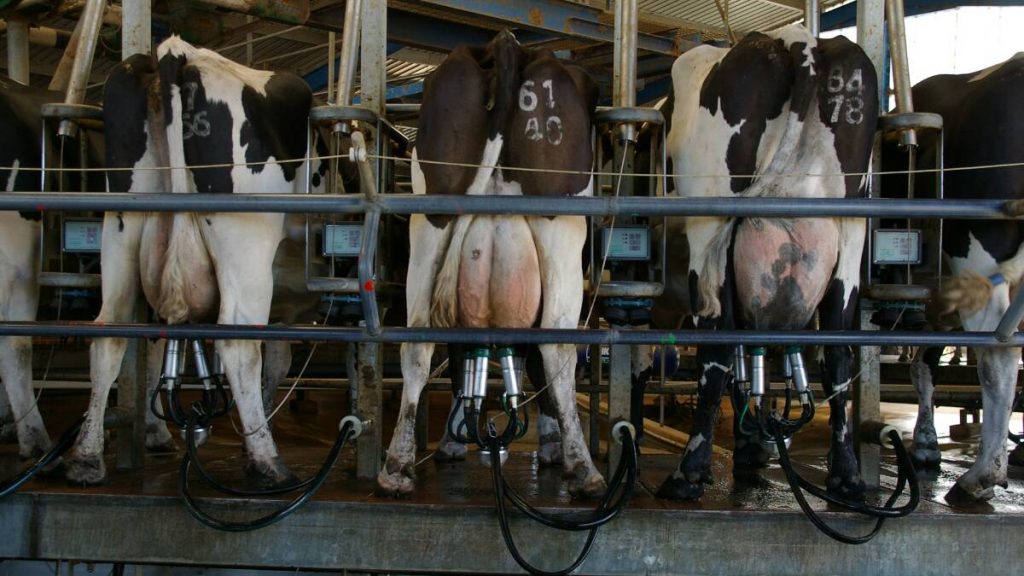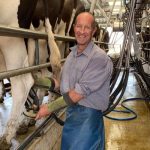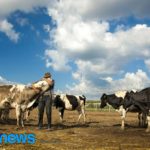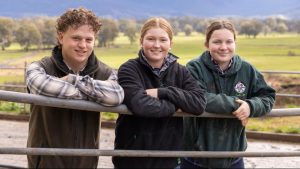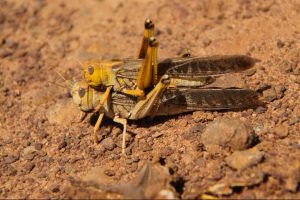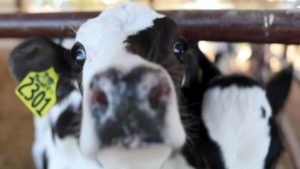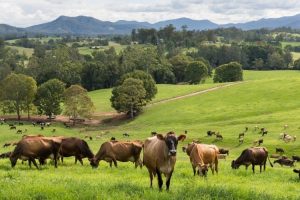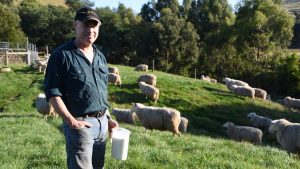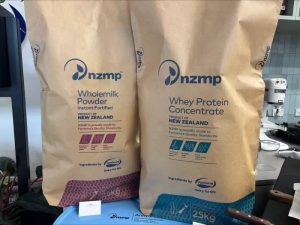
One of the active ingredients in popular mastitis treatment Mastalone is under threat, and Australian Dairy Farmers (ADF) is proactively defending farmers’ access.
Australia’s agvet chemical regulator, the Australian Pesticides and Veterinary Medicines Authority (APVMA), is reconsidering the registration of the antibiotic neomycin – one of the key components of Mastalone.
In real terms, this means the sale of Mastalone could be banned simply because of, as APVMA puts it, a lack of data to enable it to assess potential risks to trade from chemical residues.
ADF has made a submission to APVMA outlining the importance of this veterinary chemical product to dairy production in Australia.
As the national representative body for dairy farmers across the six dairying states, ADF’s mission is to improve the productivity and sustainability of dairy farmers in Australia. Critical to this mission is to maintain and improve Australia’s animal health and welfare systems.
The proposed decisions, if implemented, would change the conditions of registration and/or cancel the registration of Mastalone and other vital products.
In our submission on behalf of Australia’s dairy farmers, we reminded APVMA that mastitis is a painful disease, causing significant animal welfare and economic losses on every dairy farm, and that deregistration of this product would have a counter-intuitive impact on production and animal welfare.
Australian dairy farmers must be able to use Mastalone because it contains ingredients (Oxytetracycline, Oleandomycin and Neomycin) that are not available in other registered intramammary products and cover a broader spectrum of mastitis pathogens compared to other products.
Importantly, these medicines are of low importance to the development of human antimicrobial resistance.
Therefore Mastalone provides an important alternative product to other intramammary lactating cow products that contain beta-lactam active constituents. Dairy farmers need both tools in their toolkits to ensure their animals remain healthy and don’t develop resistance to either category of antibiotic.
ADF appreciates the APVMA’s responsibility to assess the efficacy, safety and risks to trade.
But we think it is deeply unfair that APVMA would propose to cancel the registration of Mastalone primarily due to a lack of data.
Mastalone has been used under veterinary prescription by dairy farmers in Australia for over 50 years. The industry has a very long, recorded history of successfully managing the risks of antimicrobial residues in both milk and meat products traded domestically and around the world.
Overall, the Australian dairy industry has a very low use of antibiotics compared to other countries.
We are proud of our industry’s efforts to use antibiotics sparingly and correctly, through which we minimise the risk of antibiotic resistance and protect our international reputation.
Through the Australian Dairy Sustainability Framework, the industry has committed to use antibiotics responsibly, as little as possible, as much as necessary, to protect the health and welfare of our animals.
Of its own volition, and through government systems, the industry has been monitoring for antimicrobial residues in its products for many years. If Mastalone posed a significant risk to consumers or trade it would have been identified through the industry’s established and robust chemical residue risk management procedures and brought to the attention of the ADF, Dairy Australia and food safety regulatory authorities.
We support the ongoing registration of this vital product.
By Ben Bennett, President, Australian Dairy Farmers
You can now read the most important #news on #eDairyNews #Whatsapp channels!!!
🇺🇸 eDairy News INGLÊS: https://whatsapp.com/channel/0029VaKsjzGDTkJyIN6hcP1K
